Production of CO2-free hydrogen by brown coal gasification
Electric Power Development Co.,Ltd.
Outline
In the Basic Hydrogen Strategy, the government of Japan set the target for annual hydrogen use: 300,000 tonne by 2030 and 10 million tonne by 2050. There are many ways to produce hydrogen, but to achieve the target, we need to produce hydrogen not only in Japan but also abroad to secure a substantial amount at a reasonable cost.
To solve this issue, we have focused on one underutilized resource - brown coal. We are now conducting research and development for producing hydrogen from brown coal to use this resource effectively. In the future, we will be able to produce CO2-free hydrogen from brown coal with our coal gasification and CO2 capture technologies.
Description
Brown coal is a coal with a low degree of coalification and a high inherent moisture. Its poor transport efficiency has limited its use to mostly power generation near the mines. As the effects of CO2 emissions on global warming have become widely known, expanding the use of brown coal to solve the CO2 problem is becoming critical in Australia as well as in Japan.
Against this backdrop, we have put our focus on the potential of brown coal and been conducting research and development for producing hydrogen from brown coal with our coal gasification technologies. By also using our CO2 capture technologies, we aim to produce CO2-free hydrogen in the future.
But as we lack an extensive knowledge of brown coal gasification, we are faced with two questions: whether brown coal is suitable for gasification and how to dehydrate it efficiently. To find answers to these questions, we have participated in a hydrogen supply chain project sponsored by NEDO and the government of Australia. In this project, we are responsible for the process from brown coal gasification to hydrogen production, and designing a brown coal gasification furnace to be installed in Australia through the analysis of brown coal and gasification pilot tests. Once the furnace is installed, we will evaluate the characteristics of brown coal gasification reactions. We are also examining brown coal dehydration techniques to identify the most appropriate and efficient ones to be used in hydrogen production plants.
Through the research and development, we are also considering the scaling up of hydrogen production facilities. We are working with storage sites near the mines to capture CO2 emitted from the hydrogen production process in the future. Scaling up hydrogen production facilities will enable a low-cost production of CO2-free hydrogen and thereby facilitate the realization of the hydrogen-based societies in Australia and Japan.
Partner(s)
New Energy and Industrial Technology Development Organization (NEDO)
Supplementary information
Other Innovation Challenges
Development of coal ash weight blocks with the effect of blue carbon
Electric Power Development Co.,Ltd.
Development of highest-efficiency next-gen thermal power plants (oxygen-blown IGFC)
Electric Power Development Co.,Ltd.
Production of fuels and chemicals from marine microalgae using carbon recycling
Electric Power Development Co.,Ltd.
Realization of next-gen thermal power plants (oxygen-blown IGCC) suitable for CO2 capture
Electric Power Development Co.,Ltd.
Similar Innovation Challenges
Achieving net zero carbon emissions from paint finishing processes
Taikisha Ltd.
Activities for reducing GHG of business operations in Nissin Electric Group
Nissin Electric Co., Ltd.



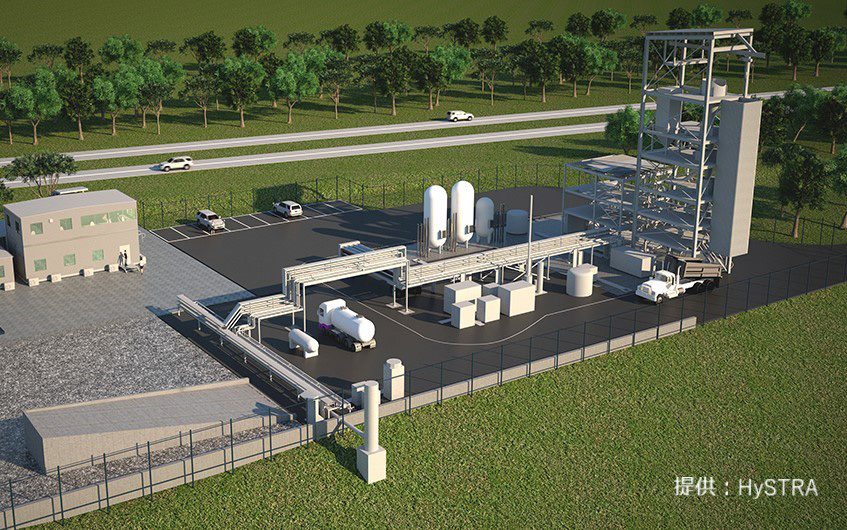
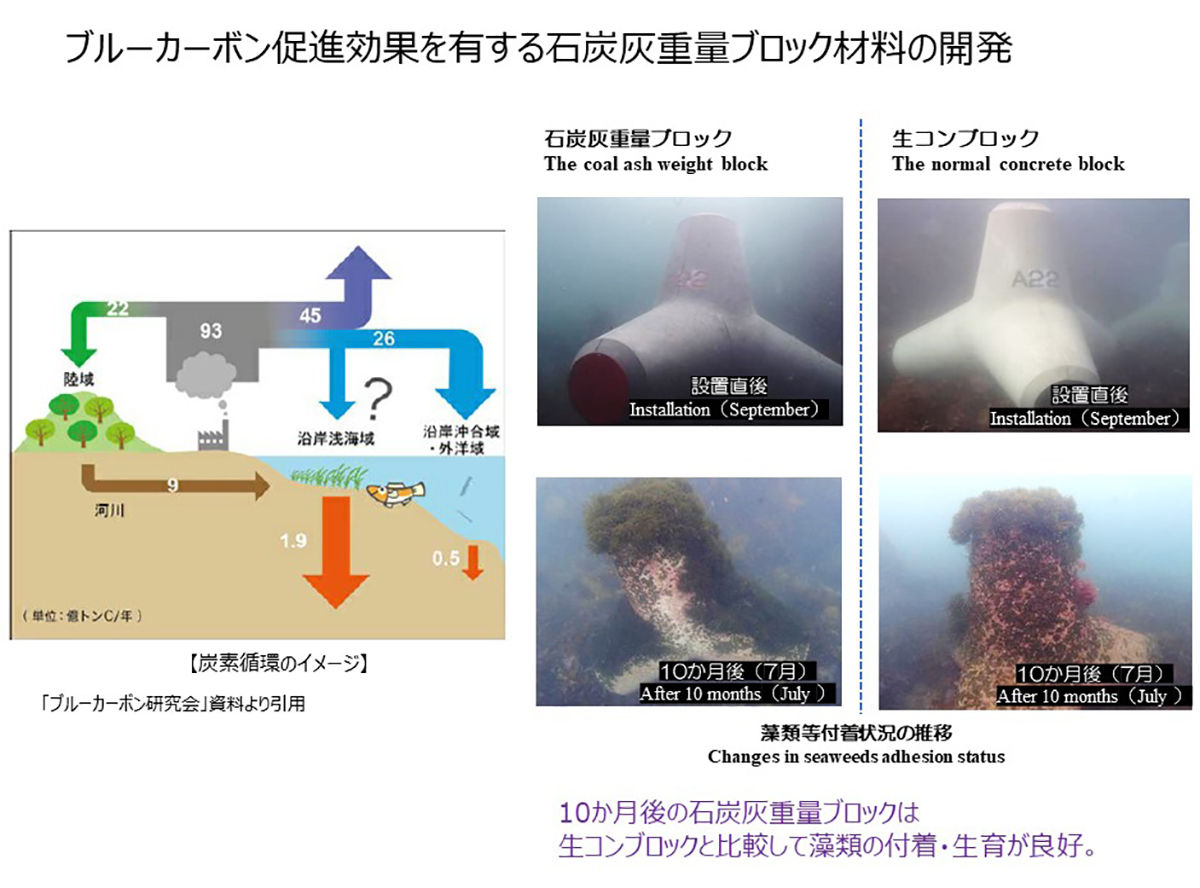
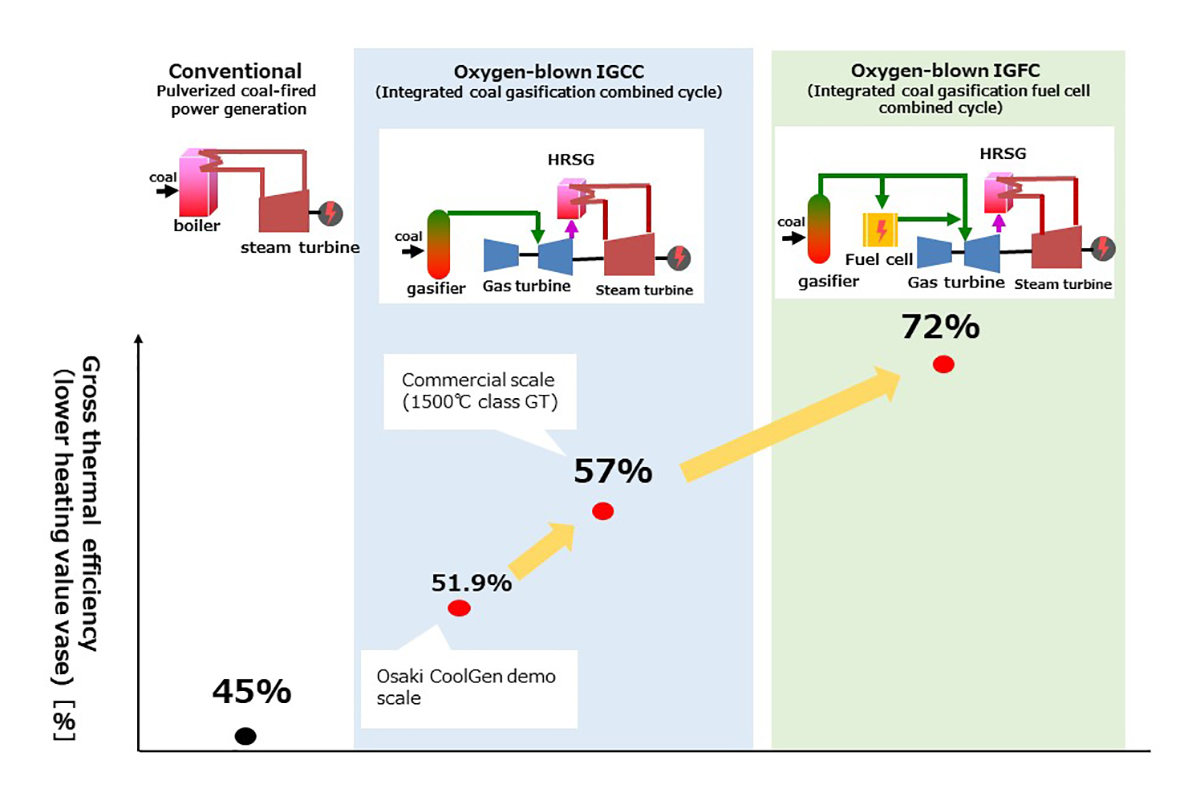
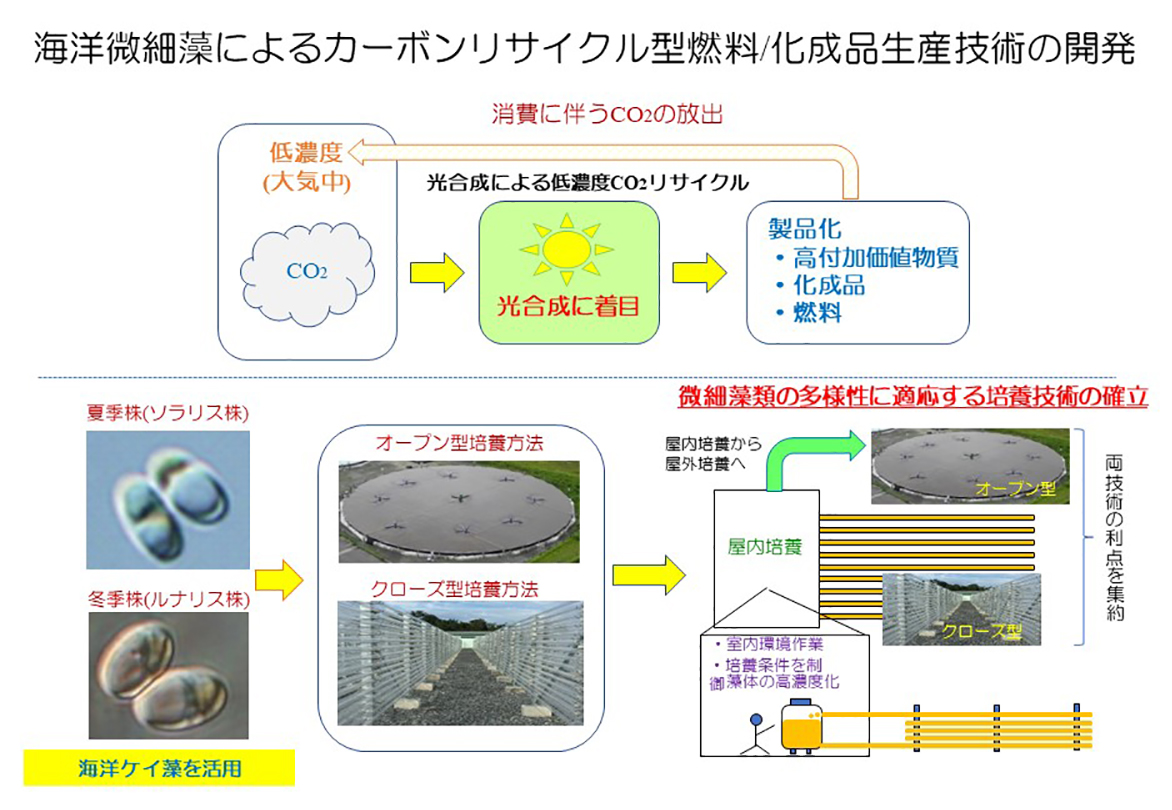
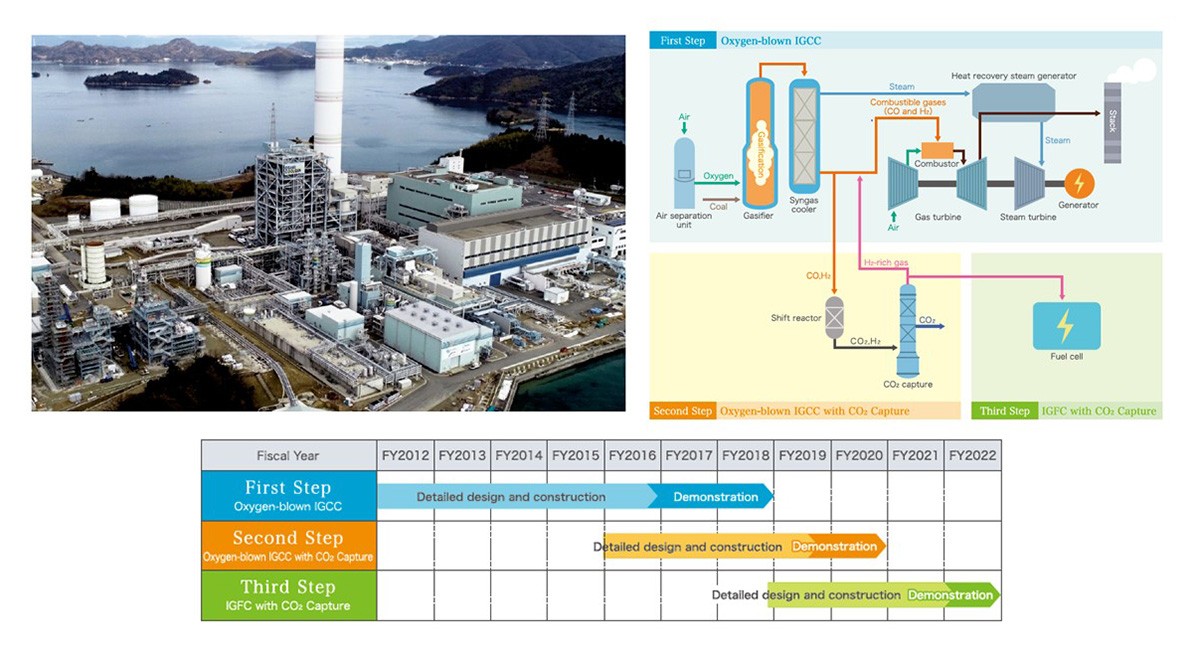

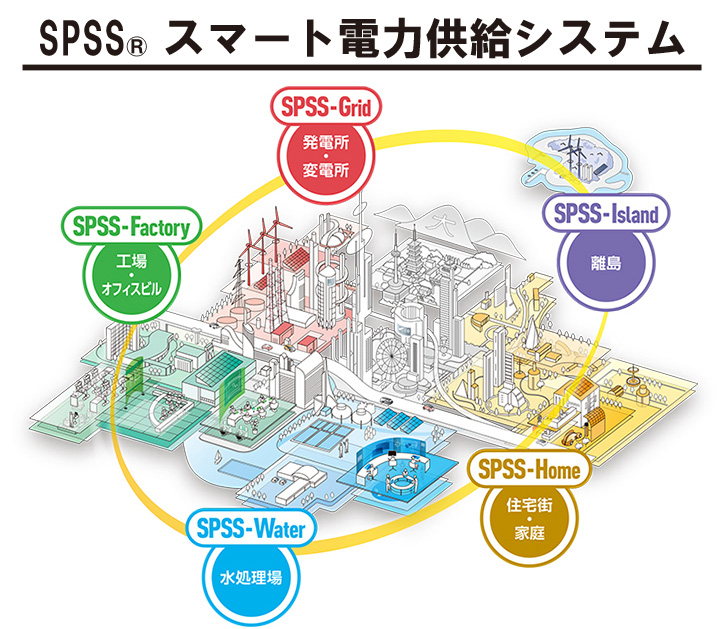
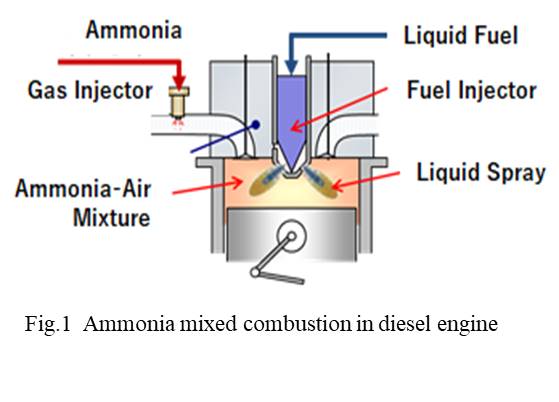
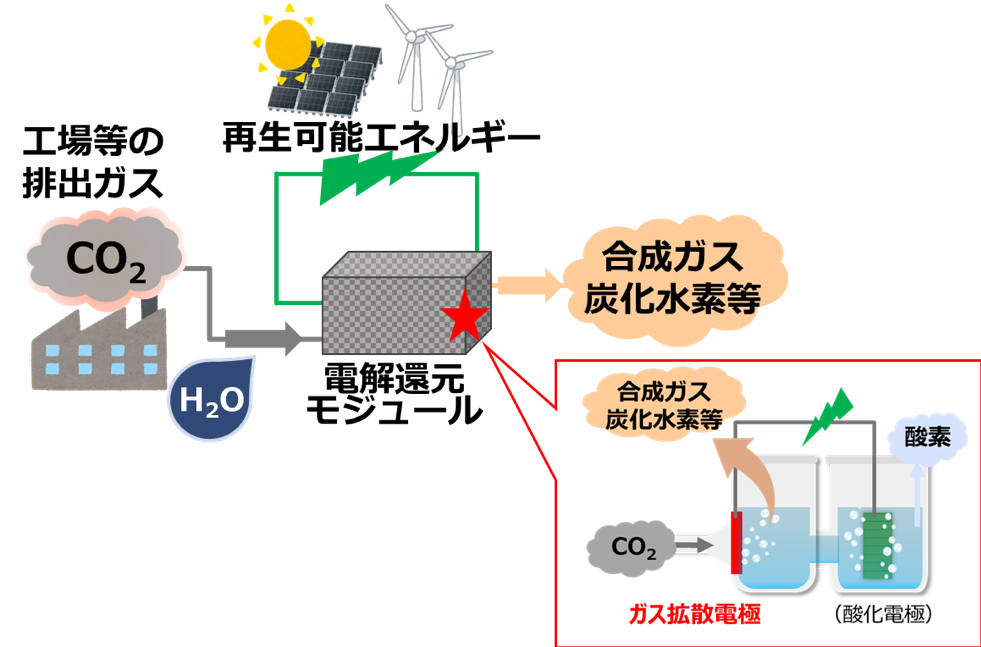
-1人工光合成技術.jpg?id=2&tid=759&imageNumber=1)